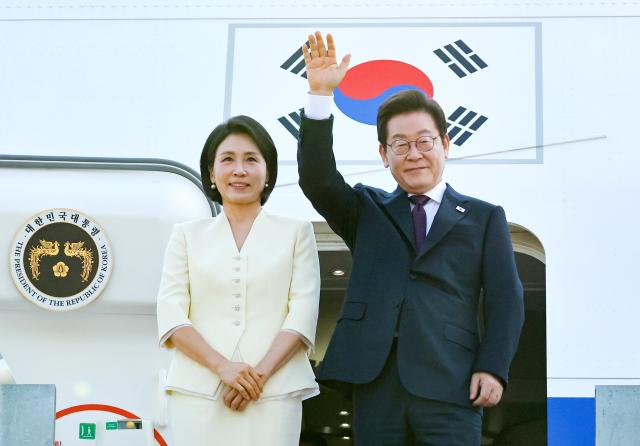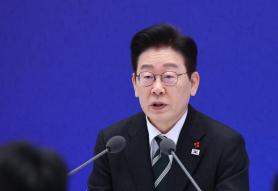
SEOUL, August 24 (AJP) - South Korean President Lee Jae Myung left Japan on August 24 after his summit with Prime Minister Ishiba Shigeru and is now en route to Washington for a meeting with U.S. President Donald Trump on Monday.
According to South Korean diplomatic sources on August 23, Seoul and Washington are drafting a joint statement that would say the two sides will begin discussions and technical studies on amending the bilateral nuclear cooperation agreement. The draft text would state that these talks will include South Korea's request to discuss the reprocessing of spent nuclear fuel. Until the leaders issue the statement or say it on the record, this remains unconfirmed.
The summit's confirmed and likely agenda items are as follows. The leaders will review the tariff deal outlined in late July. They will discuss broader economic coordination. Alliance issues are on the table, including the strategic flexibility of U.S. military forces in South Korea. Ministers prepared these topics in Washington this week. Foreign Minister Cho-hyun and Industry Minister Kim Jung-kwan met U.S. Secretary of State Marco Rubio and Energy Secretary Chris Wright on August 22.
Background on the nuclear file is straightforward. The current U.S.–ROK nuclear cooperation agreement was revised in 2015 and runs until 2035. Under this agreement, South Korea needs U.S. consent even to enrich uranium below twenty percent. South Korea is not allowed to reprocess spent nuclear fuel. Limited research on pyroprocessing, a recycling method that does not produce weapons usable material, is permitted. These restrictions do not apply in the U.S.–Japan arrangement.
South Korea's goal is to complete the nuclear fuel cycle at home. Seoul argues that gaining latitude on enrichment and reprocessing would secure fuel supply for its reactor exports, reduce pressure on interim storage that is nearing capacity, and strengthen resilience as the country faces North Korea's nuclear threat.
Washington has been cautious because reprocessing can produce plutonium that could be diverted to weapons. That concern sits at the core of U.S. nonproliferation policy. Even if the two presidents announce the start of talks, it is not yet clear how far the U.S. will go toward endorsing South Korea's position.
South Korean officials say they have worked to create room for progress at leader level. "We have worked to amend the agreement, and we intend to make progress through this summit," South Korea's National Security Director Wi Seong-rak told reporters before the trip.
Lee's U.S. itinerary includes a business roundtable, a speech at the Center for Strategic and International Studies, and a visit to Philadelphia's Philly Shipyard on Tuesday before returning home.
Copyright ⓒ Aju Press All rights reserved.




